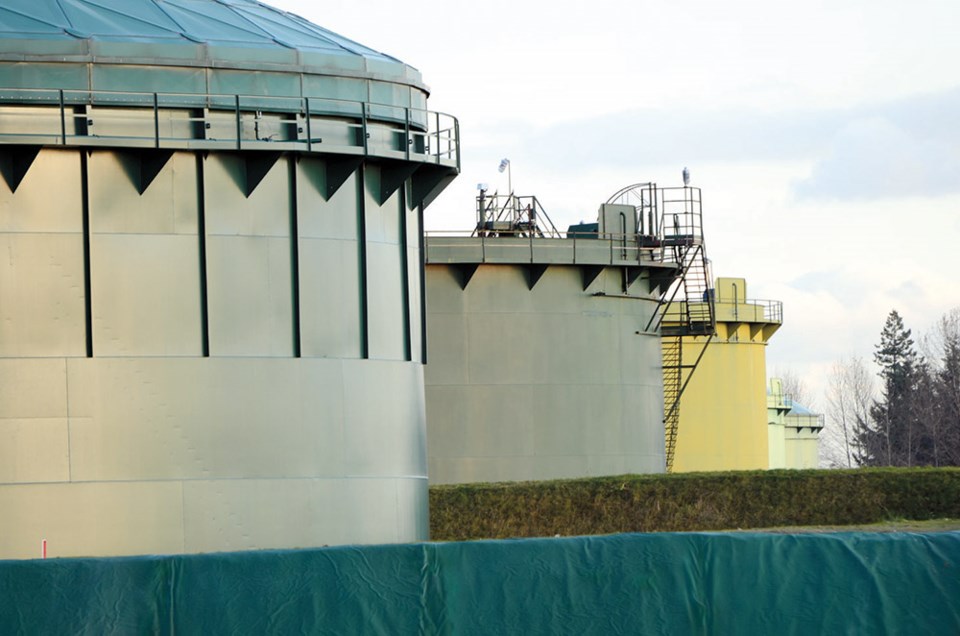Burnaby residents, environmentalists, academics and business representatives are joining forces to take legal action in response to Kinder Morgan’s plan to expand the Trans Mountain pipeline.
The environmental group ForestEthics launched a constitutional challenge against the National Energy Board Tuesday, claiming the review process unfairly restricts public participation and refuses to hear concerns related to climate change and oil sands development.
Three people with Burnaby connections are involved in the group: Cranberry Commons resident Ruth Walmsley, microbiology professor Lynne Quarmby (who lives in West Vancouver but teaches at SFU) and longtime resident John Clarke.
“I’m doing this not only for myself but on behalf of the hundreds of people who have been denied a voice in the National Energy Board Kinder Morgan hearings,” Walmsley told the NOW. “The narrow definition the NEB is using to decided who is directly affected is effectively excluding thousands of people in this democratic process.”
Walmsley lives about four kilometers from one of the proposed pipeline routes, but her application to participate in the NEB hearing for the pipeline was rejected.
Clarke lives within 100 metres of the old pipeline and 300 metres of the tank farm on Burnaby Mountain. According to a ForestEthics media release, Clarke has worked with Burnaby city council on conservation issues and has experience with leaks at the tank farm. He applied as an intervenor for the NEB hearing but was granted commentator status instead, meaning he can only submit a letter outlining his concerns.
The legal challenge claims the Conservative’s new rules around pipeline hearings are too restrictive.
“Last year, in omnibus Bill C-38, the Harper government snuck in amendments to the NEB process that restrict who can speak before the National Energy Board and limit what individuals are allowed to say,” said ForestEthics spokesperson Ben West in a media advisory.
“It is vital that there be a full a public hearing as to the risks and benefits of this proposal so that the public interest can be properly assessed,” said the group’s lawyer David Martin. “This legal challenge will fight for the public’s right to express itself and be heard.”
At this point, the legal challenge is a motion put forward to the National Energy Board, but the group plans to escalate if that is unsuccessful.
“If they don’t make any changes, it will go to the federal court of appeal and possibly to the Supreme Court if it comes to that,” Walmsley said.
Last week, the Tsleil-Waututh Nation also launched a legal challenge against the National Energy Board, regarding the pipeline.



